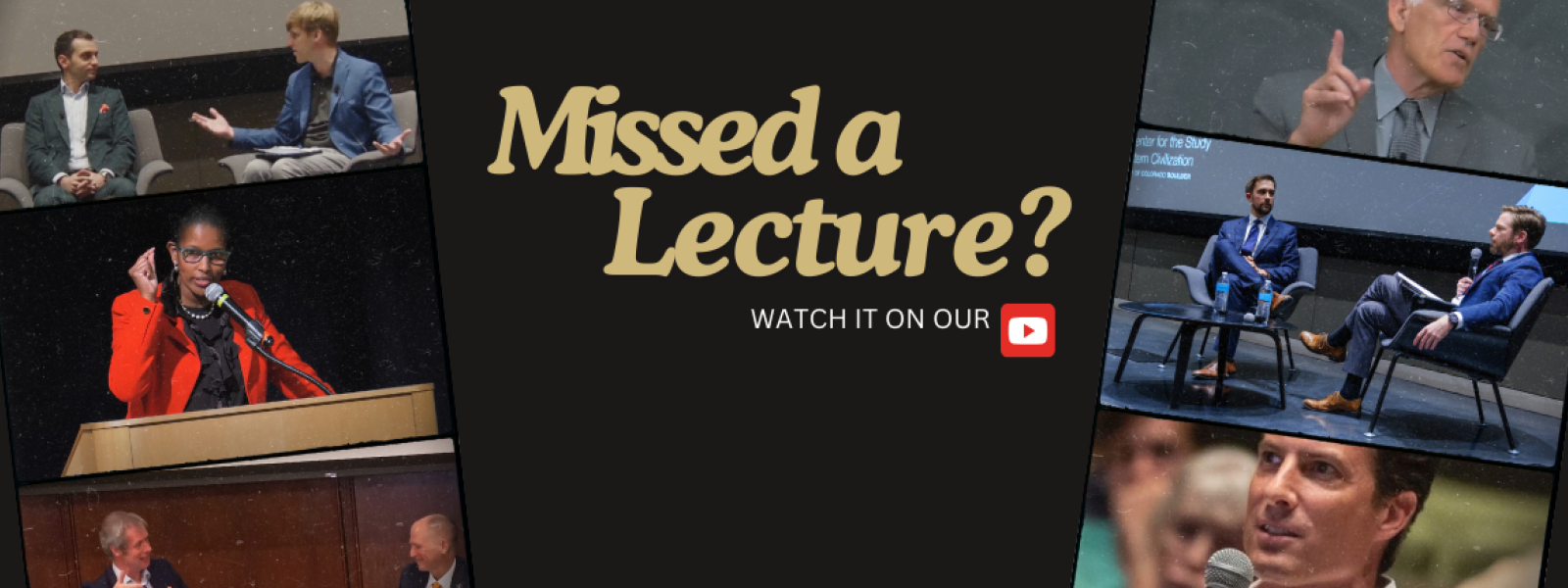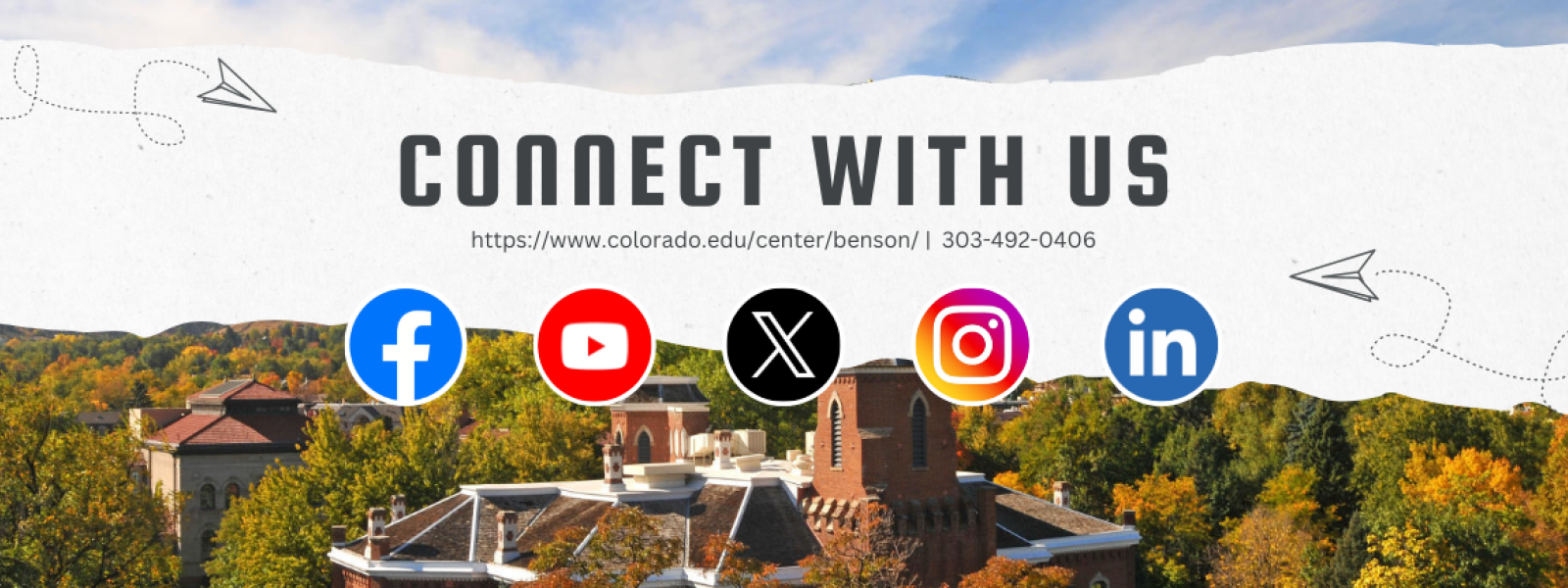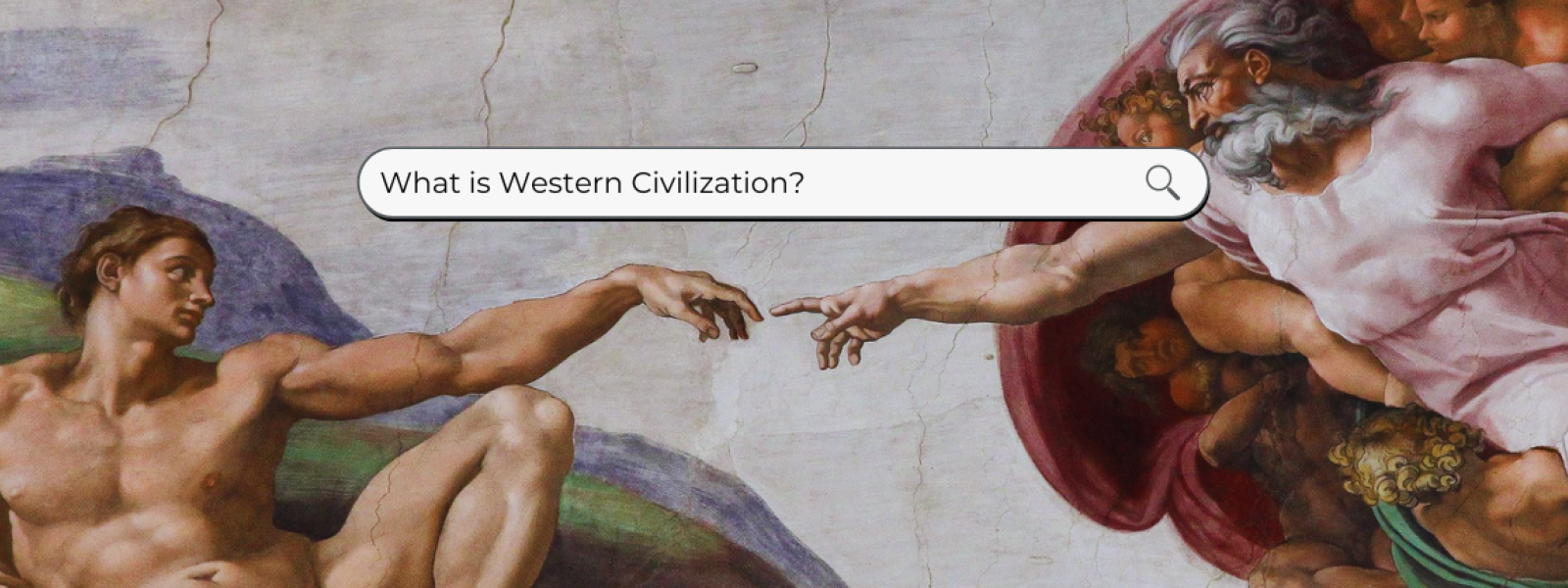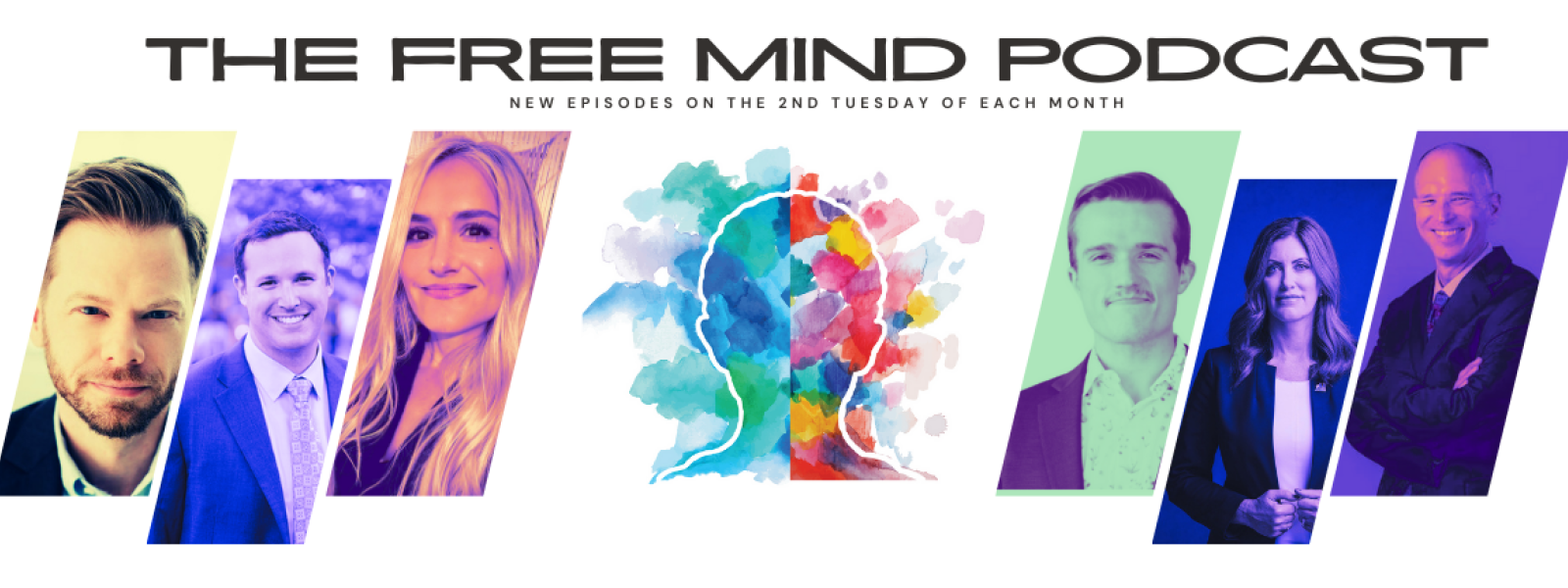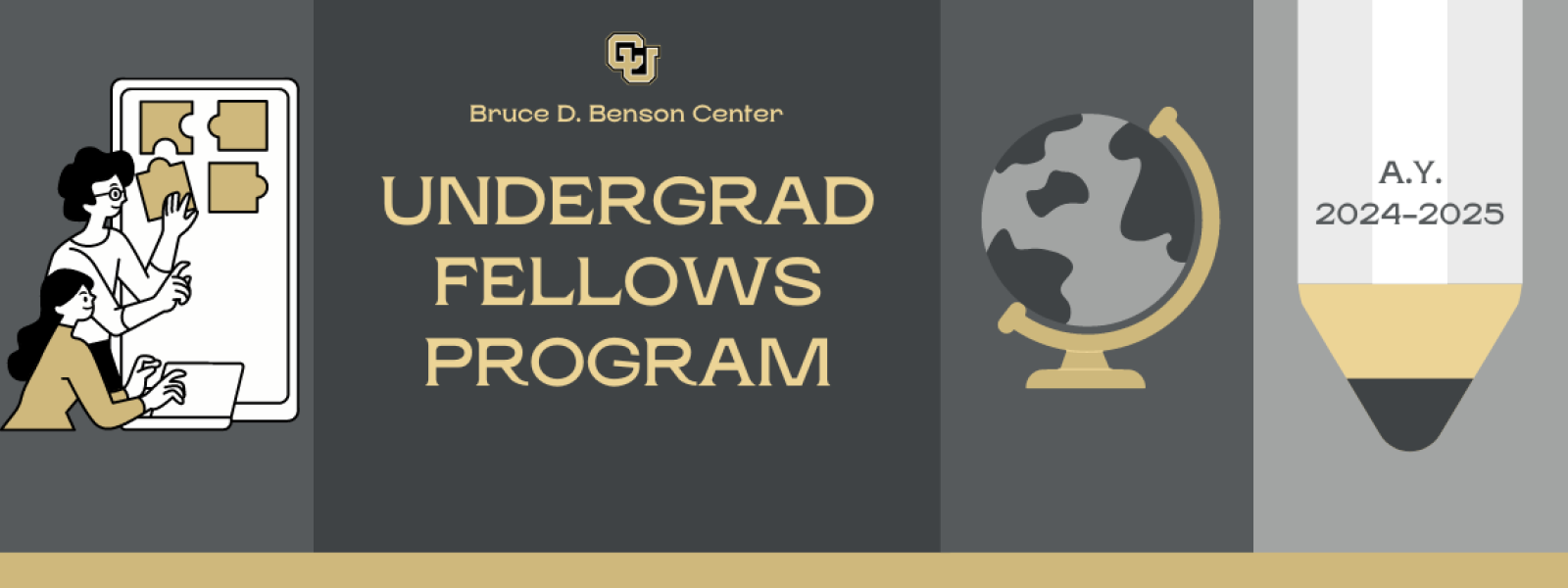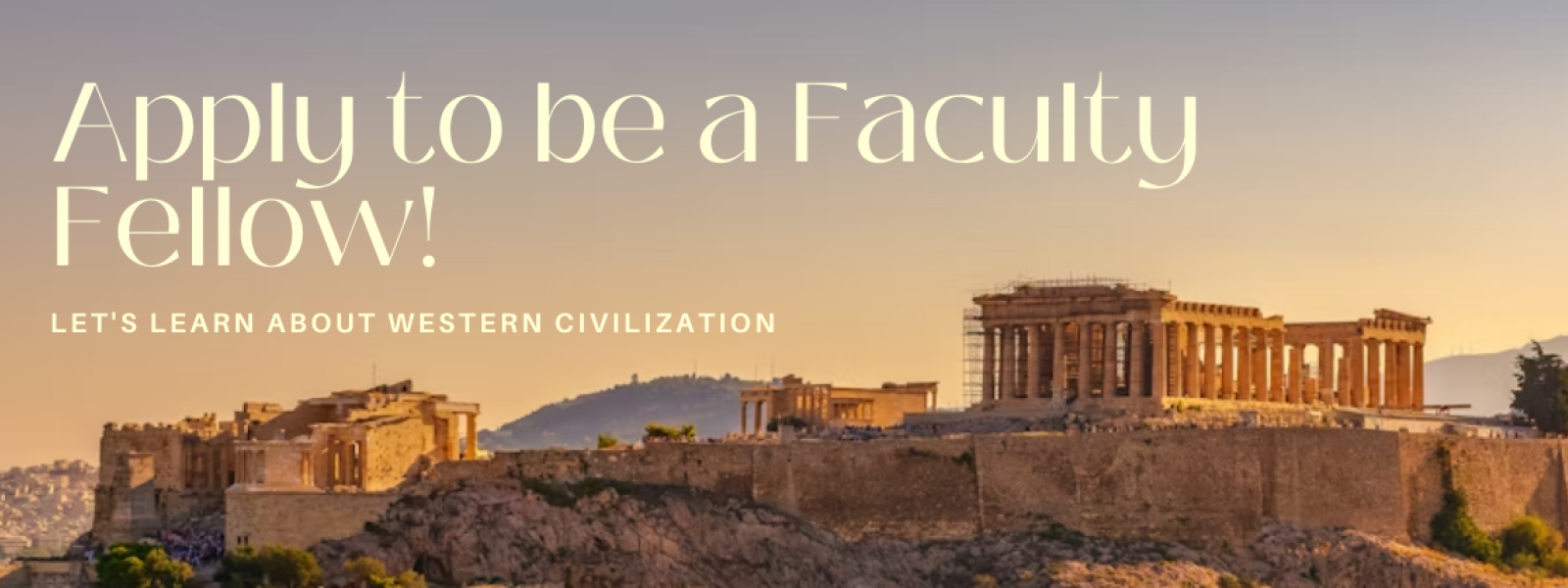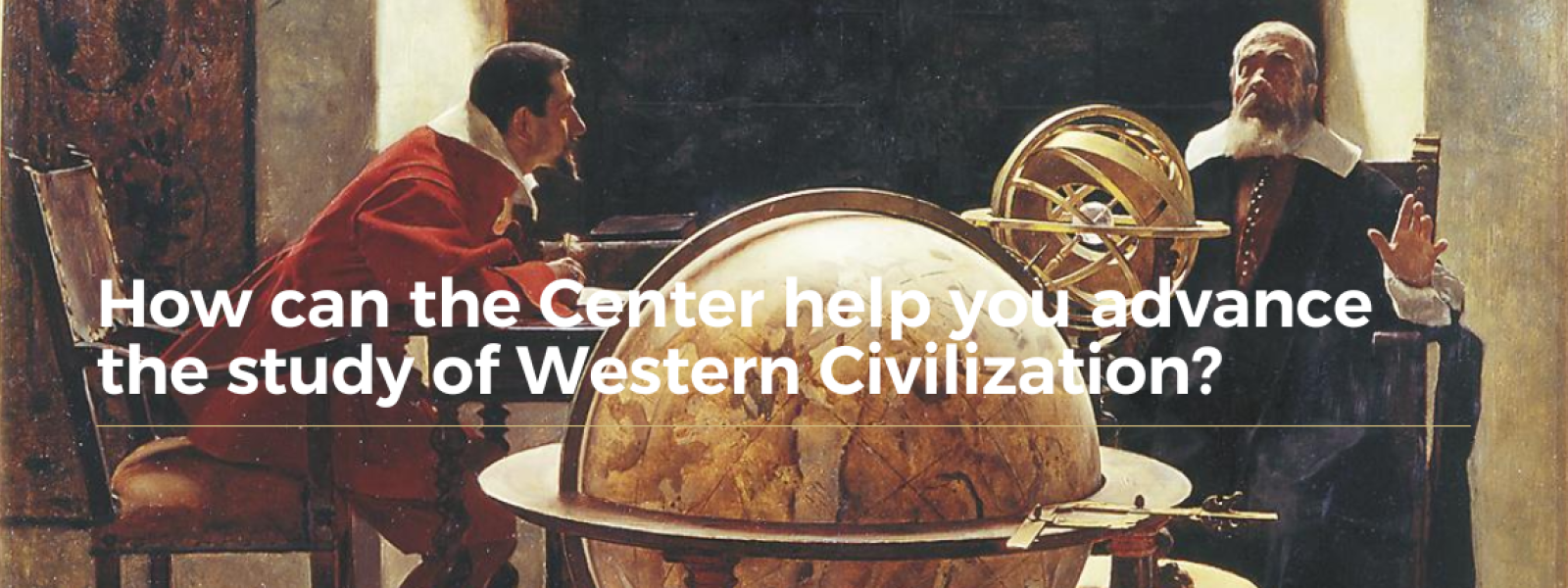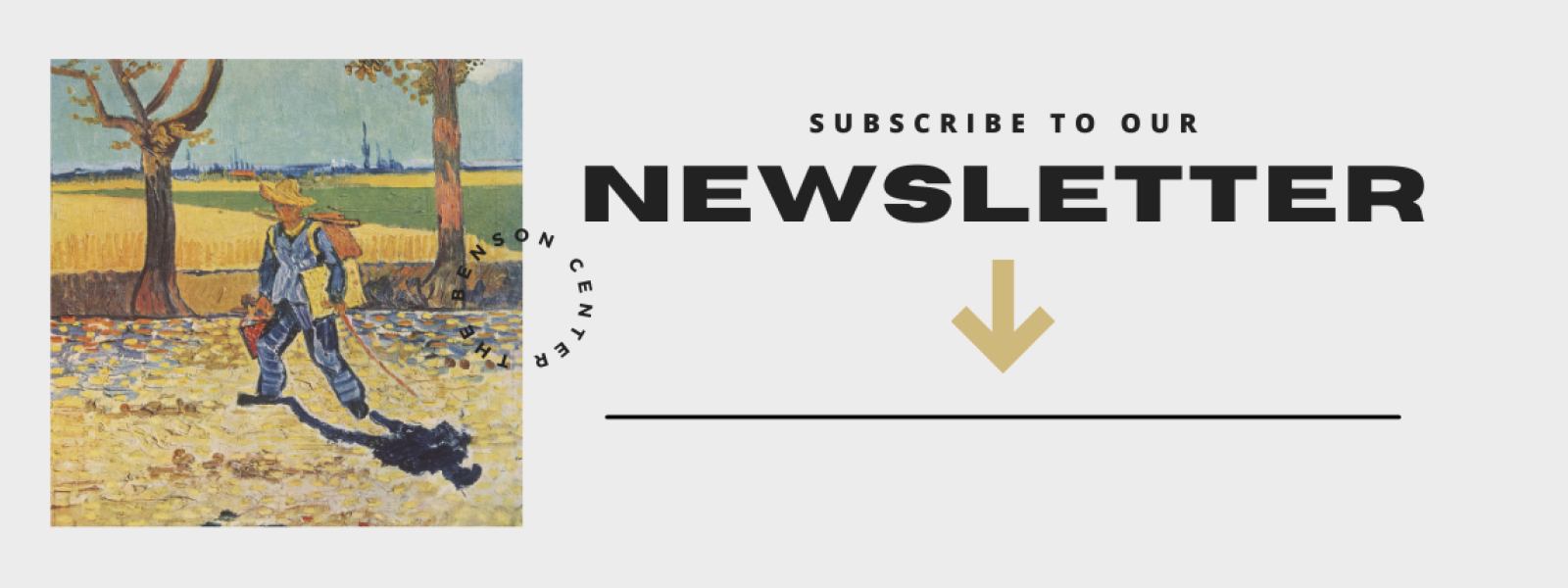Bruce D. Benson Center for the Study of Western Civilization
Fostering Intellectual Diversity
The Benson Center promotes study of the intellectual, artistic and political traditions that characterize Western civilization. These ideas emerged during antiquity from societies located primarily in the Eastern and Central Mediterranean, including Mesopotamia, Greece and Rome, and have persisted through the fall of Rome, the rise of Christendom, the Renaissance, the Reformation and countless conflicts up to this day. The center's concern, first and foremost, has been with the values that emerged from that tradition, and their continuing role in the institutions of the United States. These Western traditions are at the heart of foundational documents such as the Magna Carta, the Declaration of Independence, the Constitution, the Bill of Rights and the Emancipation Proclamation. (Some have cited that, relative to the United States, Mesopotamia, Greece, Rome and Europe are located to the east, not west, but this nomenclature is an academic tradition that has persisted.)
The Center offers a forum for free inquiry and supports academic freedom and intellectual diversity on campus in a time of increasing political polarization and homogeneity. The Center is organized around a diverse group of faculty and student scholars including a Center Director, Associate Faculty Director, Visiting Scholars in Conservative Thought and Policy (CTP), Scholars in Residence, Faculty Fellows, Harper Graduate Fellows, and Undergraduate Fellows, and an ongoing series of campus seminars, lectures and programs, faculty and student grants, undergraduate classes, a summer institute and community outreach. These programs, guided by a national board of advisors and a CU faculty executive committee, provide a forum for free and open discourse across the university and the broader community. Our aim is to promote a lively and balanced conversation that respects both conservative and liberal ideals, thus fostering the full diversity of political, economic and philosophical perspectives on the CU Boulder campus and broader community, and serving as a model for other institutions.


